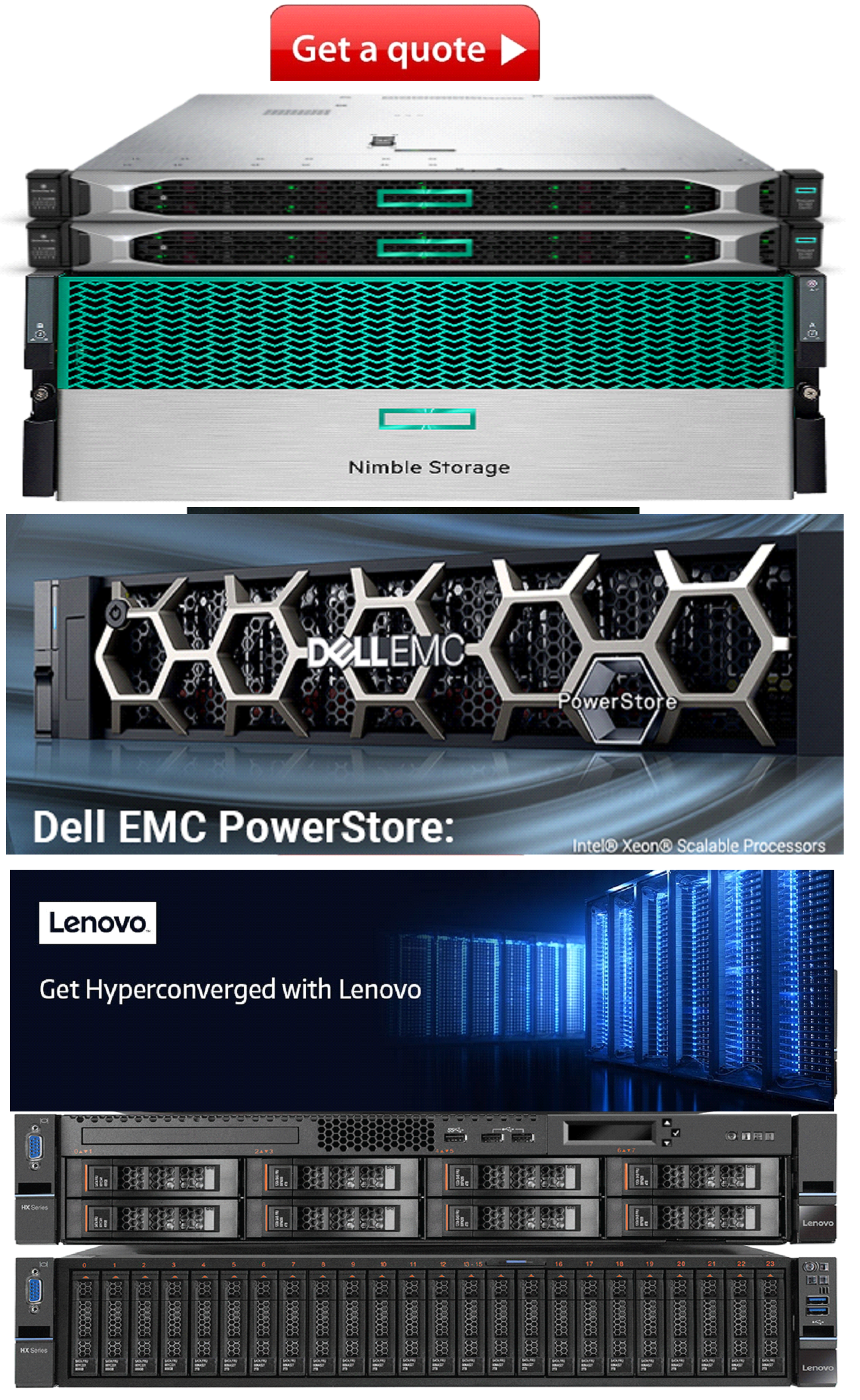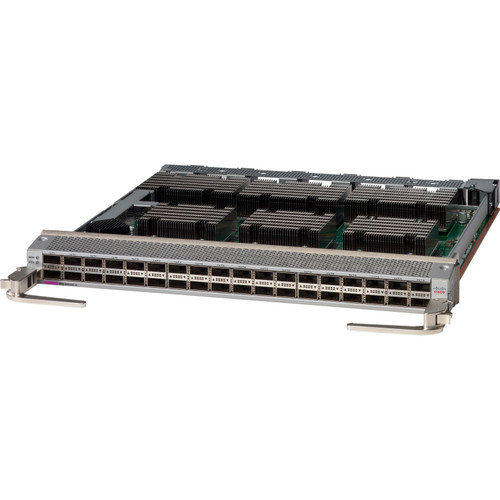Product Description
The Cisco Nexus 7000 M3-Series modules are powered by Cisco Nexus M3-Series switch-on-a-chip (SoC) application-specific integrated circuit (ASICs). The M3-Series SoC is an innovative ASIC designed by Cisco that provides a power-efficient, flexible, high-performance packet engine, making it an excellent choice for building I/O modules that power the network infrastructure for public and private cloud environments. Each I/O module uses multiple M3-Series ASICs, and each M3-Series ASIC powers a set of 1 and 10 Gigabit Ethernet ports, 40 Gigabit Ethernet ports, or 100 Gigabit Ethernet ports, called port groups.
The Cisco Nexus 7000 M3-Series I/O modules provide enhanced security and scalability capabilities such as these:
- MAC Security (MACsec) at wire rate with 128- and 256-bit encryption on all ports at all speeds, supporting both key agreement protocols (Security Association Protocol [SAP] and MACsec Key Agreement [MKA]) in hardware: This feature provides line-rate data confidentiality and data integrity conforming to the IEEE MAC address security standard (IEEE 802.1AE [MACsec]), enabling customers to secure virtual port-channel (vPC) and Cisco Overlay Transport Virtualization (OTV) data center interconnect links and vPC and Cisco FabricPath links within a data center. It also lets customers securely uplink data centers to either their campus or Multiprotocol Label Switching (MPLS) cores.
- Integrated hardware capability for Cisco TrustSec® security, which enhances security access control lists (SACLs) through hardware support for Cisco metadata headers capable of carrying security-group tags (SGTs): SGTs enable security-group ACLs (SGACLs) to provide hardware-based enforcement of security policies, which eliminates dependency on IP addresses, enhances scalability, and simplifies management.
- High-performance onboard fabric services accelerator (FSA): This feature enables distributed services such as Bidirectional Forwarding Detection (BFD) and Cisco NetFlow to operate at scale with high performance.
- Larger IPv4 and IPv6 forwarding tables and ACL tables and more quality-of-service (QoS) entries: The increased sizes provide greater flexibility for various deployment scenarios.
- Virtual device context (VDC) capability: This feature enables users to partition one I/O module into multiple virtual switches. Each port group powered by one M3-Series ASIC can be part of one VDC.
 US Dollars
US Dollars
 United Arab Emirates Dirham
United Arab Emirates Dirham
 Euro
Euro
 British Pound
British Pound
 Turkish Lira
Turkish Lira
 Canadian Dollar
Canadian Dollar
 South African Rand
South African Rand
 Indian Rupee
Indian Rupee
 Brazilian Real
Brazilian Real
 Indonesian Rupiah
Indonesian Rupiah
 Singapore Dollar
Singapore Dollar
 South Korean Won
South Korean Won
 Japanese Yen
Japanese Yen
 Chinese Yuan
Chinese Yuan
 Mexican Peso
Mexican Peso
 Qatari Rial
Qatari Rial
 Saudi Riyal
Saudi Riyal















